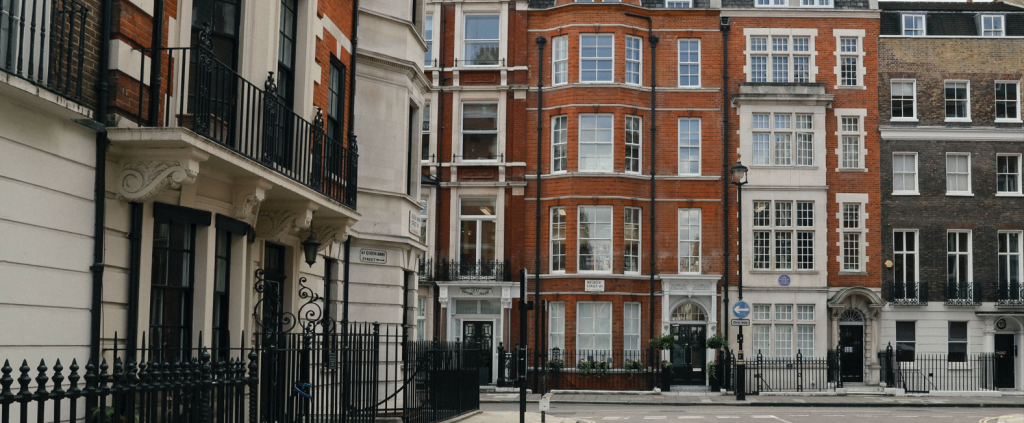Thinking of moving your property into your children’s name? Read up on the tax implications before you do!
When gifting property, this is subject to capital gains tax (CGT). If you are the person gifting this property, then it would be yourself that’s liable to pay the CGT rather than the receiver of the gift. If the property gifted is your main residence, then you will be able to avoid paying CGT as you can get private residence relief.

One of the benefits or gifting property is to reduce their inheritance tax bill. Gifts are usually exempt from inheritance tax if they are below the nil rate band of £325,000 and the giver survives for more than seven years. However, if you continue to benefit from the property after gifting it then this will remain as part of your estate until you die meaning HMRC will tax your children a maximum of 40% on anything over the tax-free threshold.
A gift of a main residence will ensure that there is no inheritance tax payable as long as you live for seven years after the handover and can move out or pay market rent to your children – this is called a potentially exempt transfer. Though if you aren’t alive for the seven years required then the property will be a chargeable transfer, meaning this is added to your estate for the purpose of IHT. If you pass away within the first three years then the full 40% will be charged, though this will drop after each consecutive year.
If, however, you are gifting a buy-to-let that won’t be your main residence you will be liable to pay CGT if the property is worth more than what you bought it for, and if this increase is above the CGT threshold. From April 2023, the first £6,000 of gains will be tax-free, then it’s a rate of £18 for basic rate payers and 28% for higher rate.
Another area that gifting property to children may have an impact on is stamp duty. Stamp duty is the tax that you may have to pay when you buy a property. If there is no mortgage on the house then the child won’t have to pay stamp duty. If there is, then your child will need to pay stamp duty on the value of the outstanding loan of the mortgage.
To summarise, there will be quite a few tax benefits to gifting a house to your children as long as you are aware of the rules and the differences between gifting a main residence or a second home/buy-to-let.

If you would like some assistance or advice on how to move your property into your children’s name contact us today!
Please get in touch on 01273 441187 or book a discovery call with one of our expert accountants.
Contact

You May Also Like…







